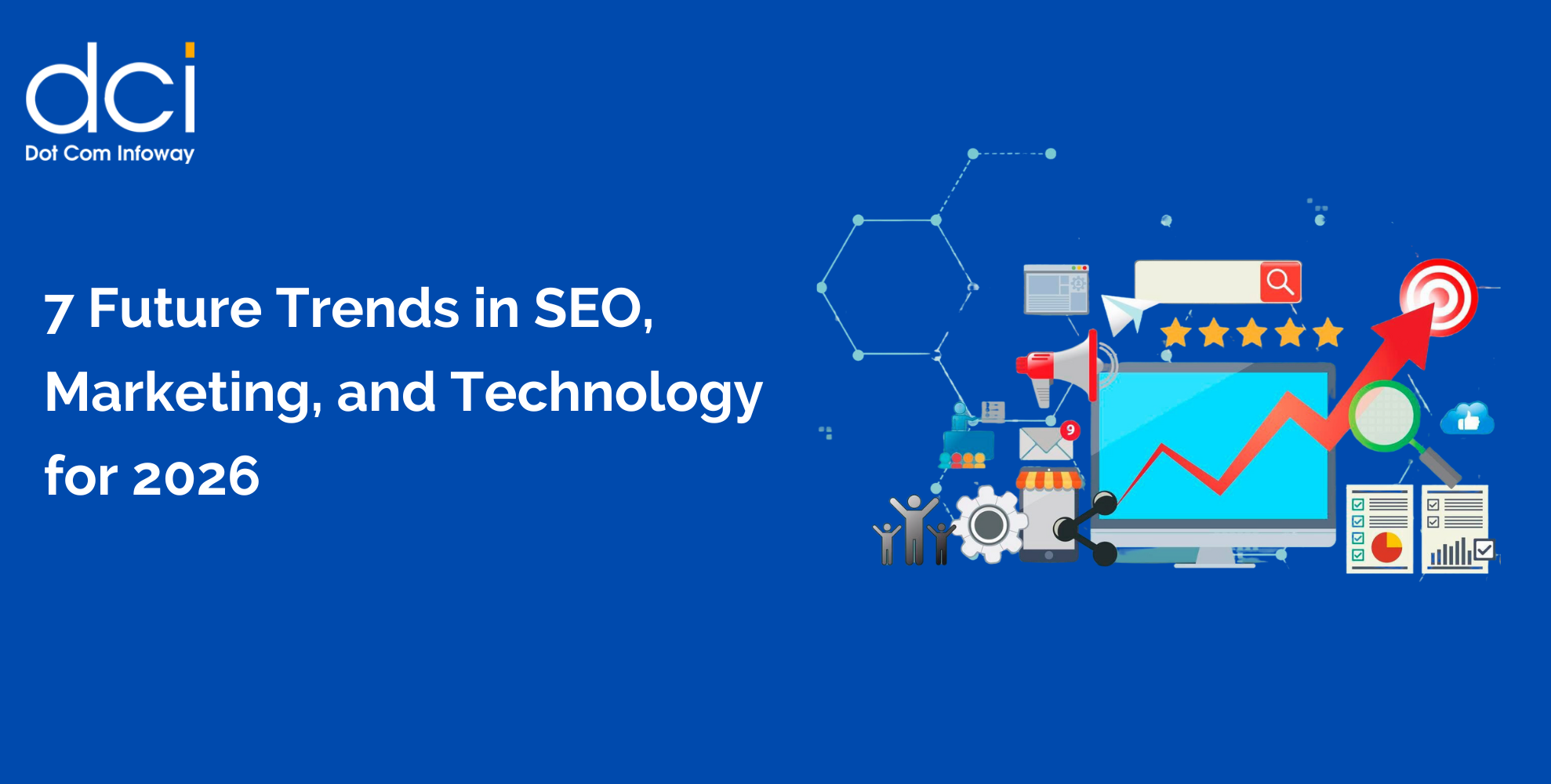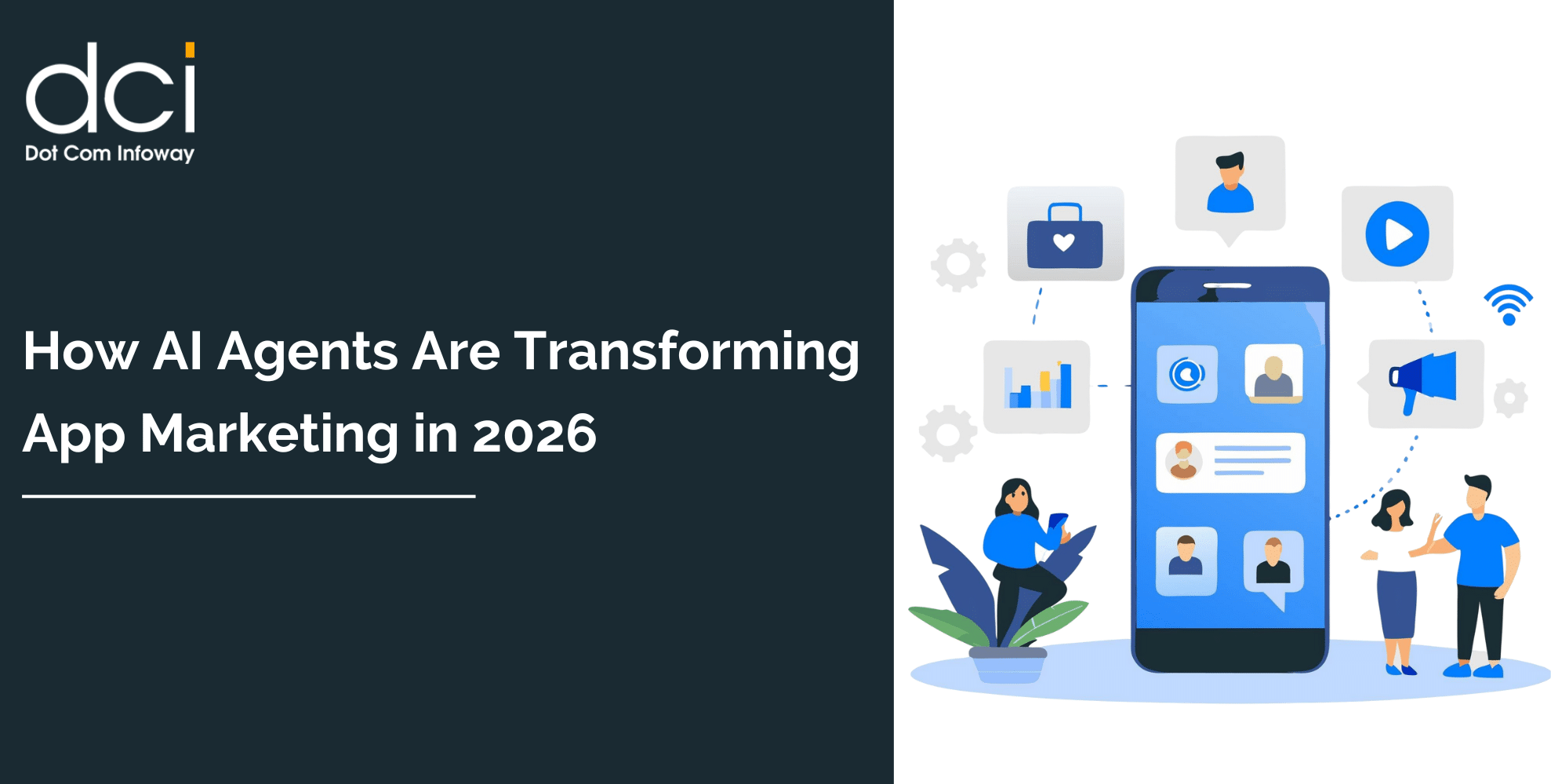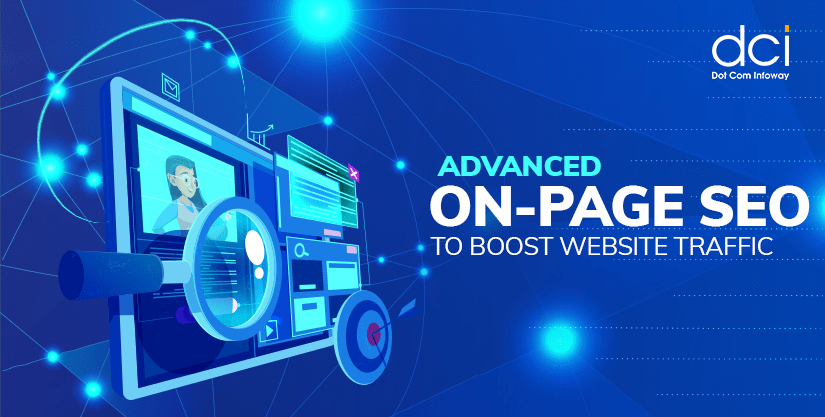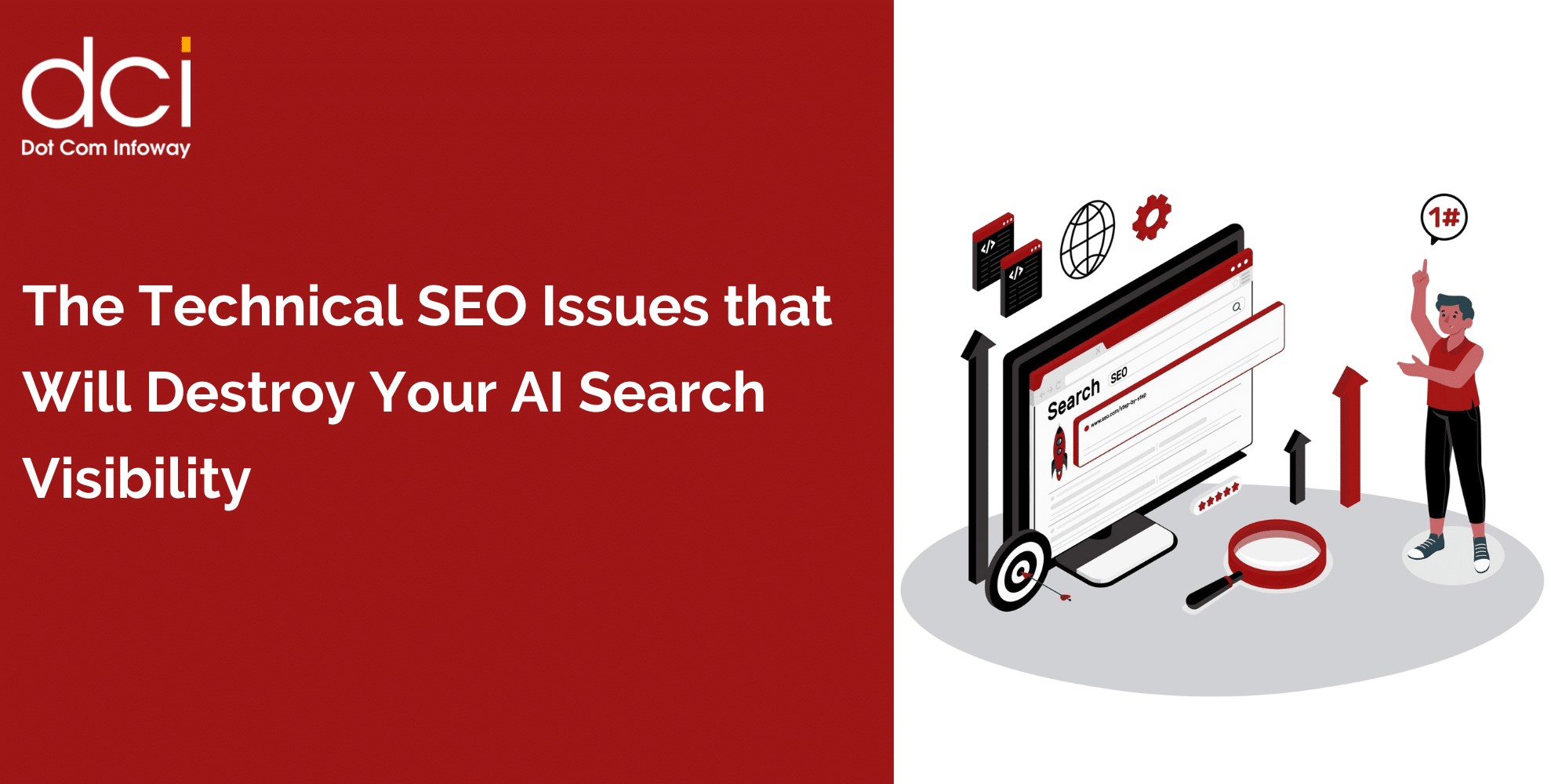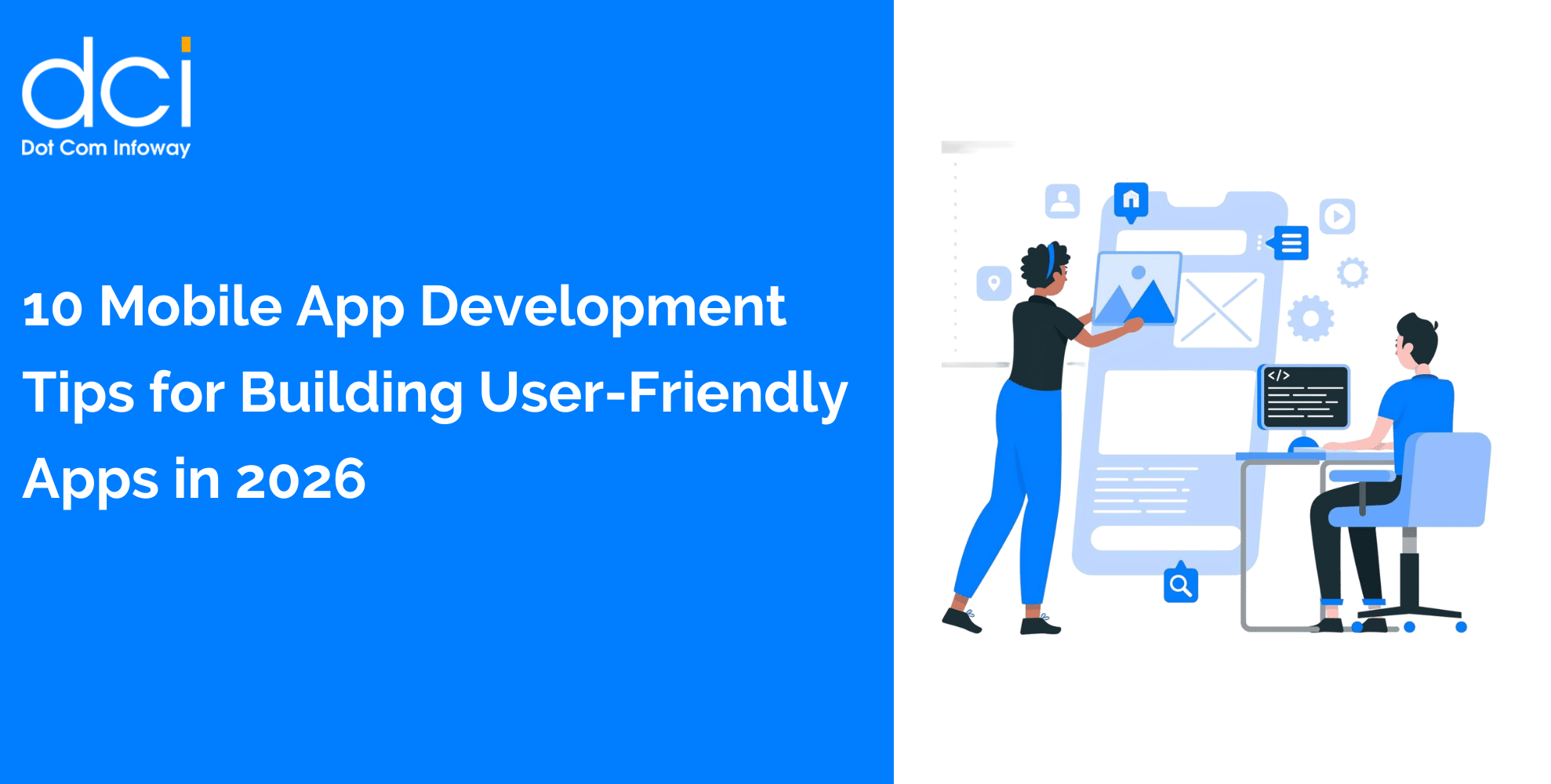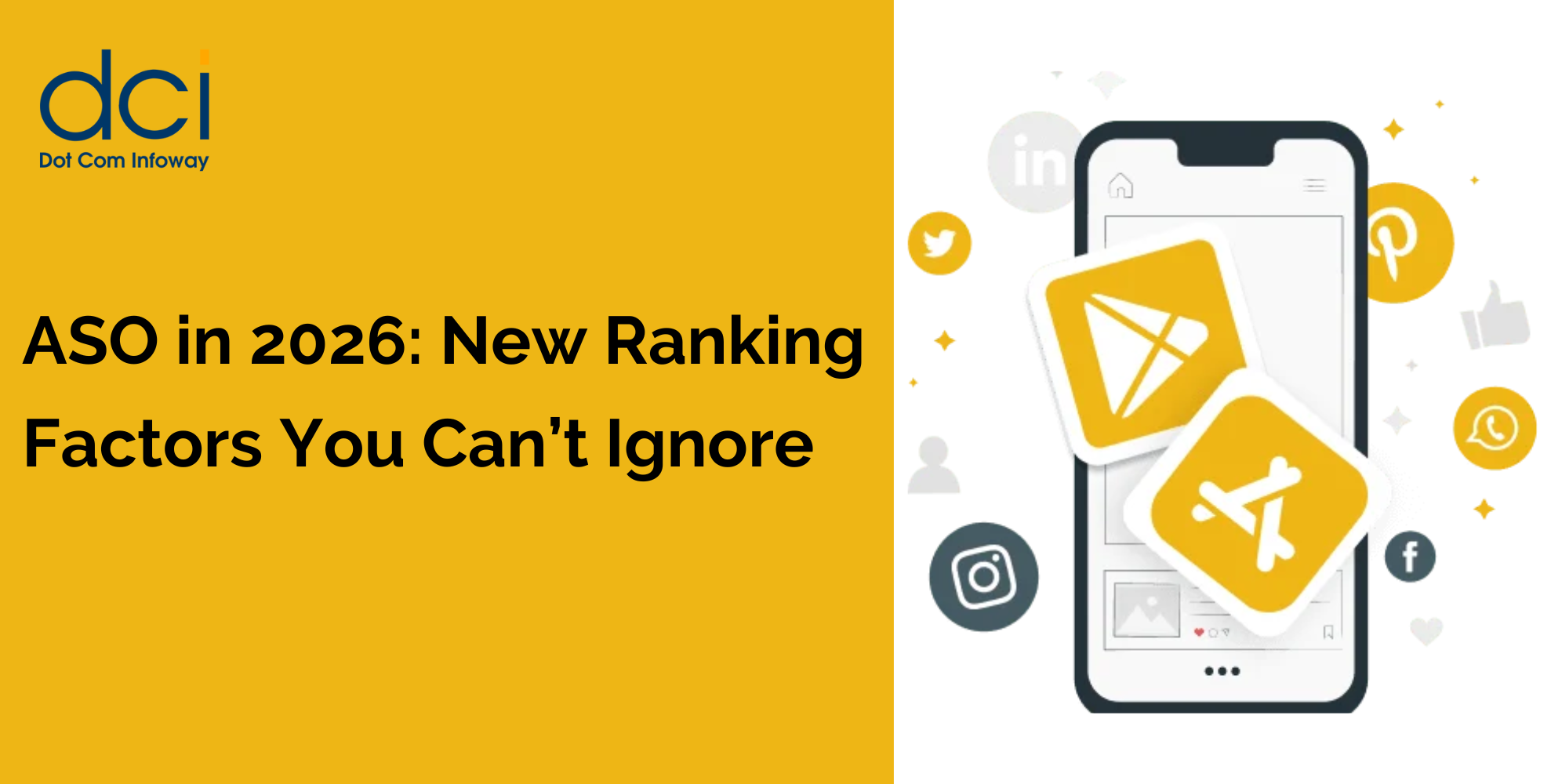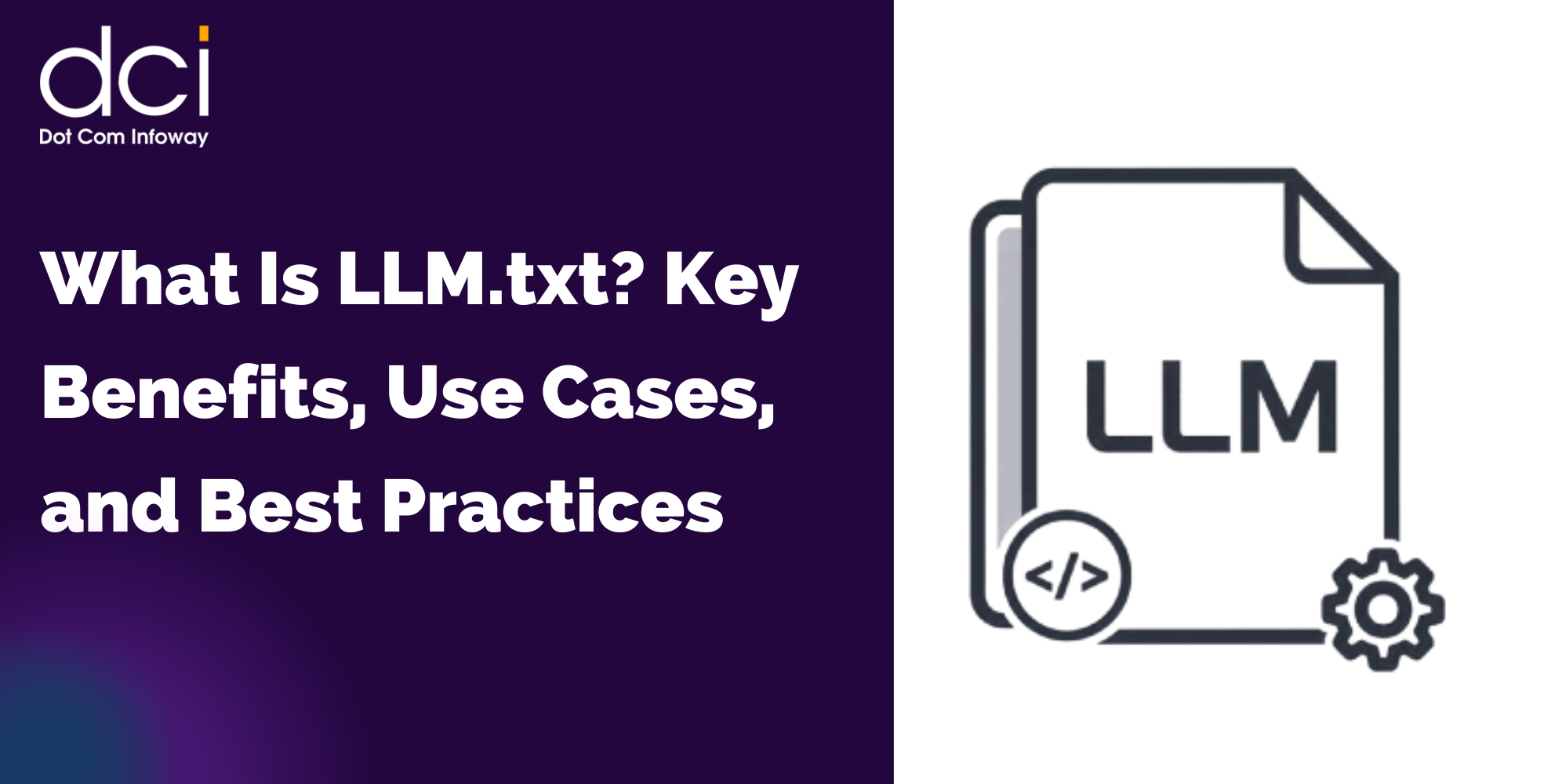AI in Internet of Things
Since Internet of Things relates to connecting devices, the need for real-time processing is omnipresent. From capturing license plates for parking payments to a thermostat automatically adjusting the temperature in a room, IoT requires rapid responses to specific conditions.
AI complements IoT extremely well with these things considered because it is, first and foremost, smart technology. It makes processing of large quantities of data coming from any number of device in real-time very uncomplicated and streamlined. Of course, AI also makes maintenance and continued operation less costly as well. In short, expect AI to be married to IoT because it’s a practical and logical move that will unlock the full capabilities of both.
AI in AR and VR
Augmented reality and virtual reality opens plenty of opportunities for better immersion in fully rendered environments. In order to make this technology more sophisticated, better attention would have to be given when mapping and creating those environments.
In the past, it’s hard for headsets to detect horizontal and vertical planes, but with AI it’s now a possibility. And it’s not just limited to that. With the help of AI, for example, you can get more precise depth perception when performing surgery. And the device will promptly make accurate adjustments to ensure optimal results.
AI in Social Media
It’s been more than five years since Facebook integrated AI into their platform, and the latter has since shaped the former’s evolution. Practically all fundamental features of social networks rely on AI now, from looking for a specific friend using image recognition to filtering content on your feed.
Aspects of social media like audience targeting for ad campaigns, online marketing, and content designing are also influenced by AI. AI gives ready access to invaluable user data, allowing you to understand your audience better without too much difficulty. This will allow you to adjust your marketing strategy quickly and even ensure its success.
AI in Medical Technology
Medical imaging through AI is nothing short of revolutionary because it makes quick noninvasive imaging a possibility. Imagine being able to use your smartphone to conduct on-site diagnostics. Think of the time (and lives) this will save!
AI penetrates the medical field further as evidenced by its influence on biometrics, the discovery of new drugs, and even help immensely in on-going clinical studies. For instance, clinical trials are often so vast and the information coming in can be hard to organize and compare. Thanks to AI technology, medical records’ information can be easily analyzed and compared so more suitable candidates for the trials can be suggested.
As for developing new drugs, AI biotech shows a lot of promise because it could excise the normally lengthy process involved in drug discovery. AI medical consultation app have developed to enhance the medical field to the next level.


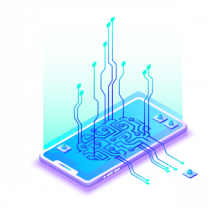




![The Game Marketing Guide: Pre and Post-Launch Strategies [Infographic]](https://www.dotcominfoway.com/wp-content/uploads/2023/09/DCI-Game-Marketing-blog-1.jpg)
